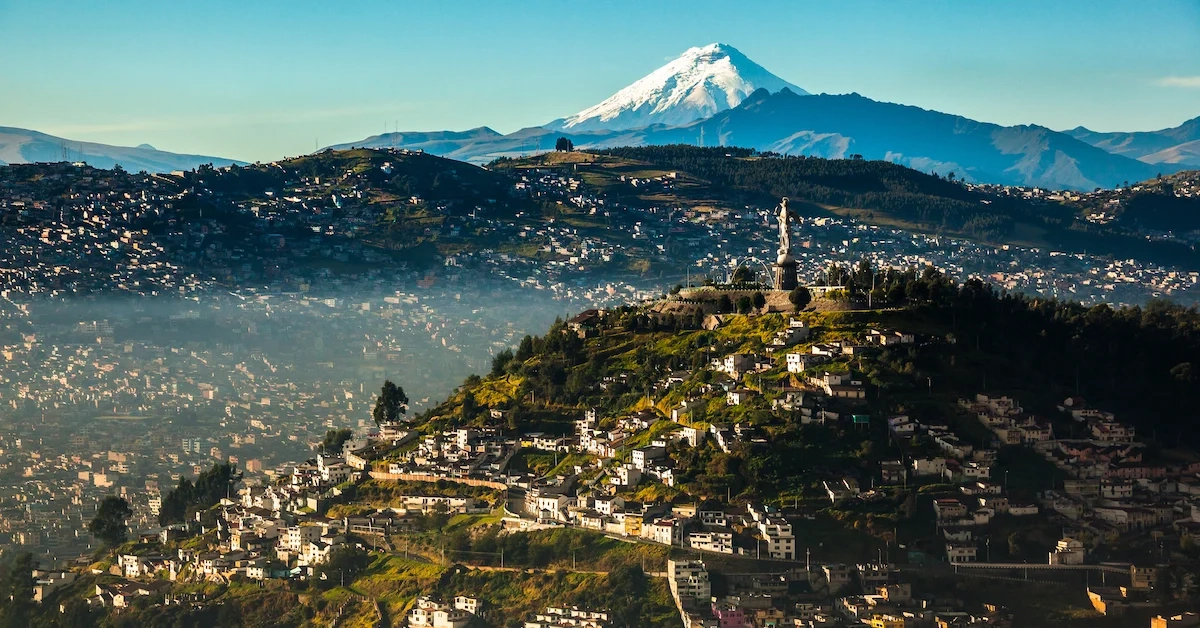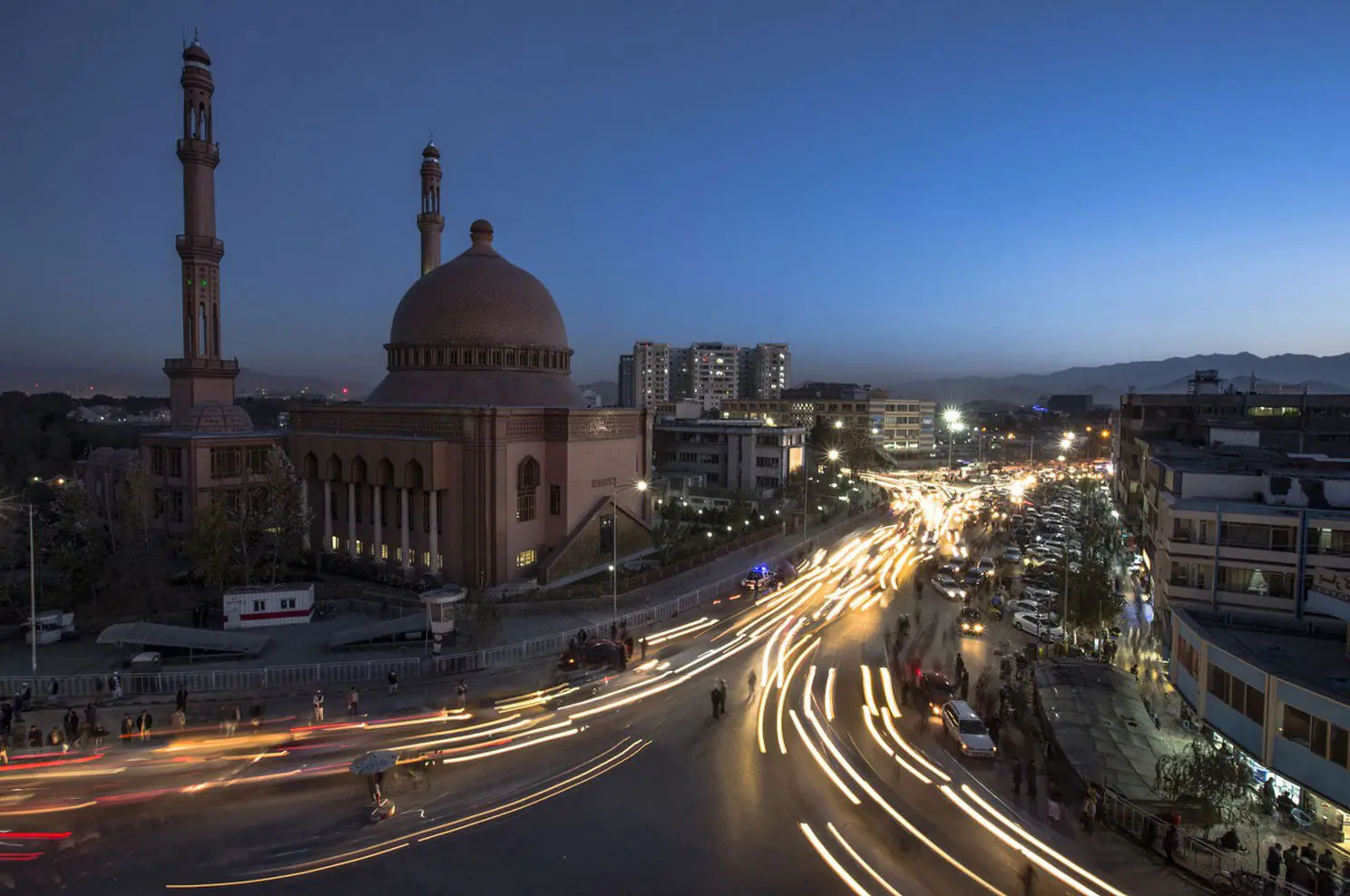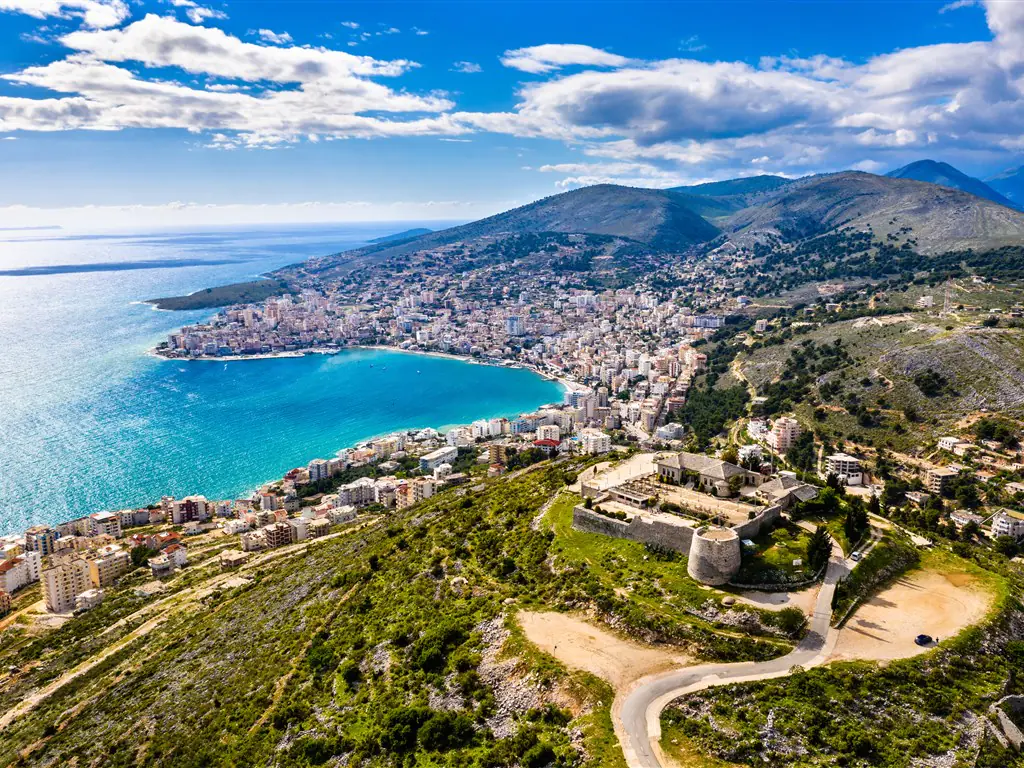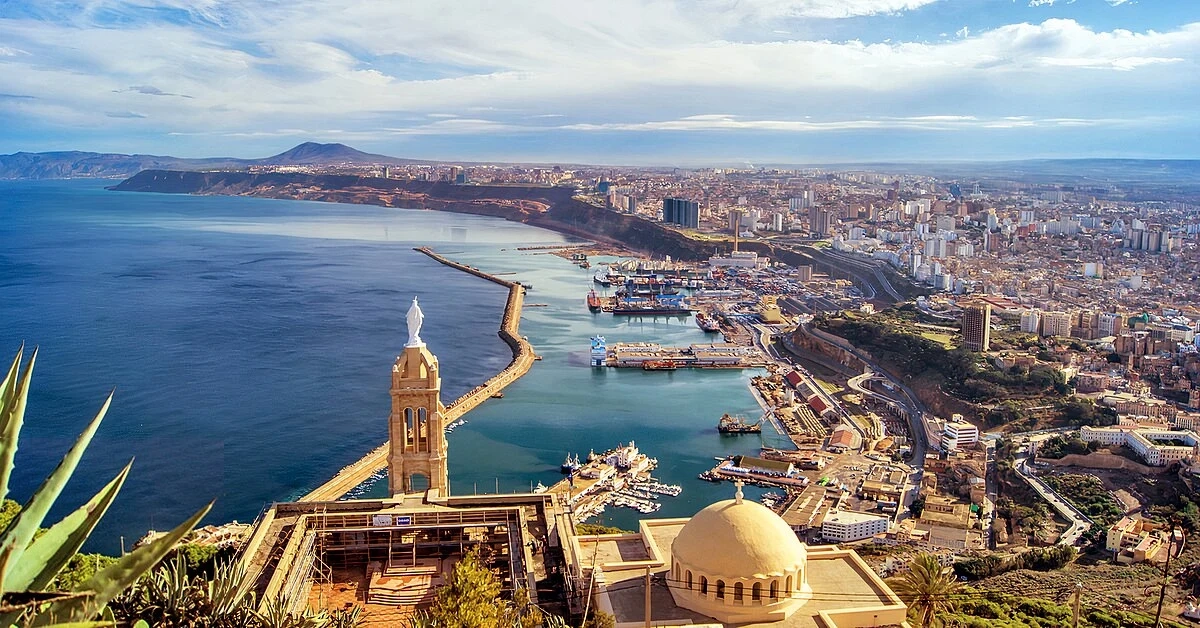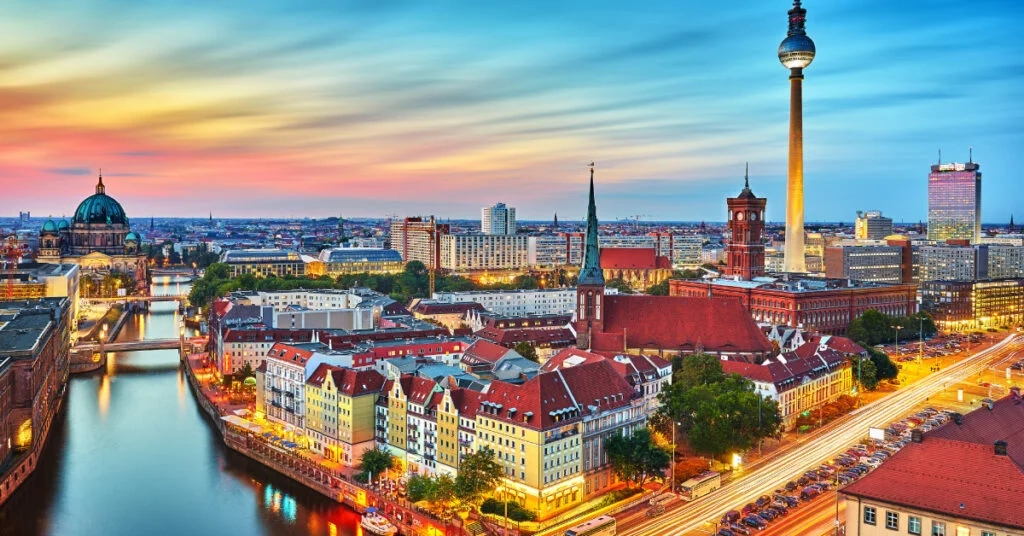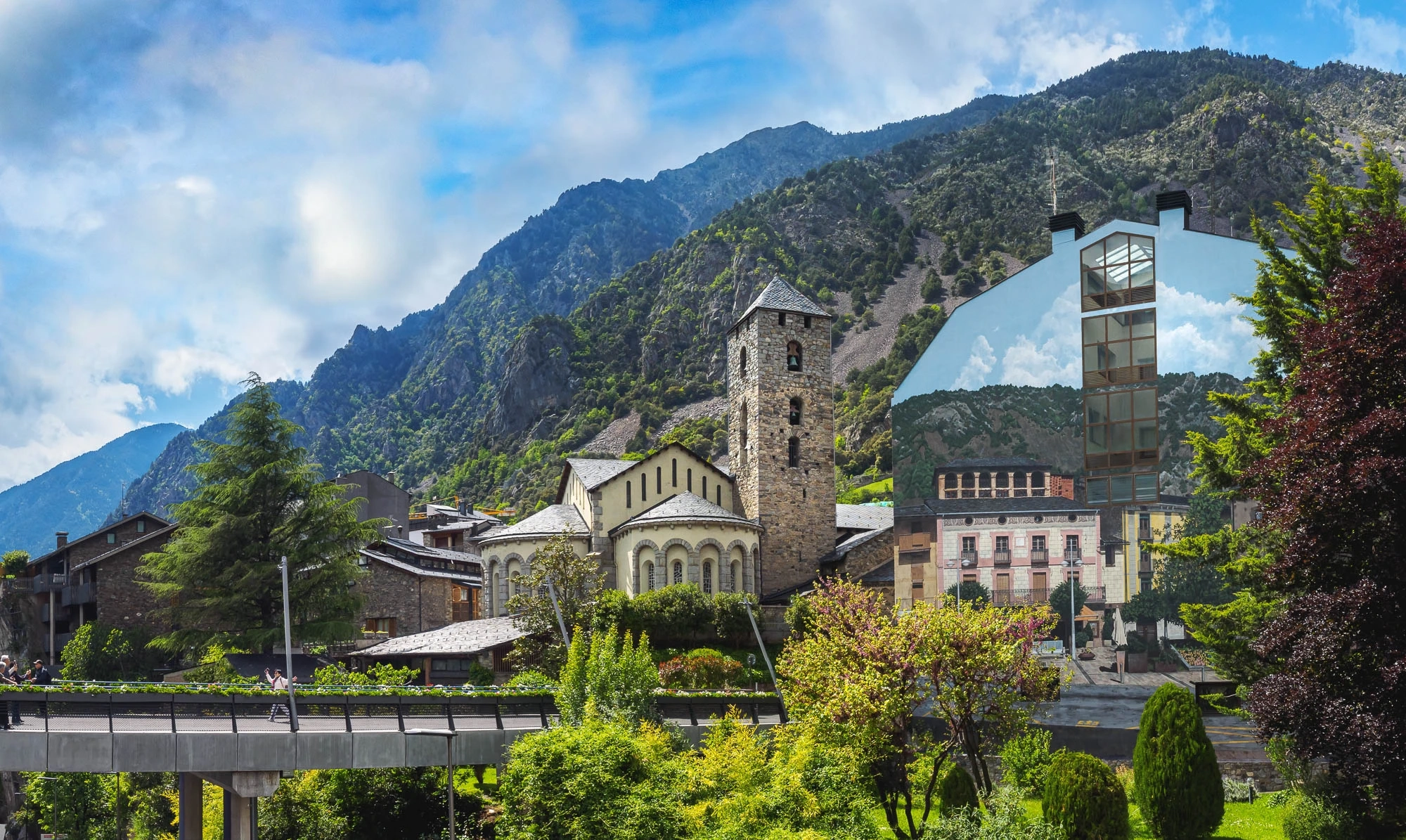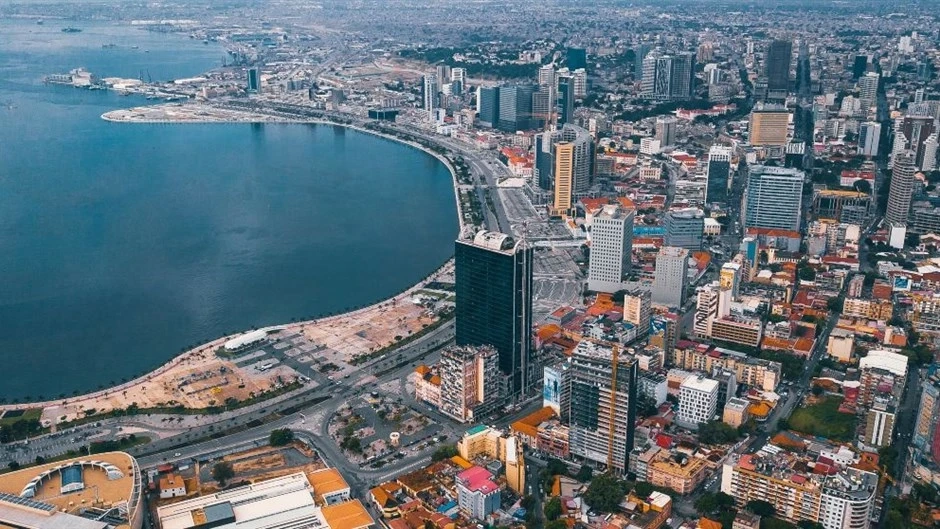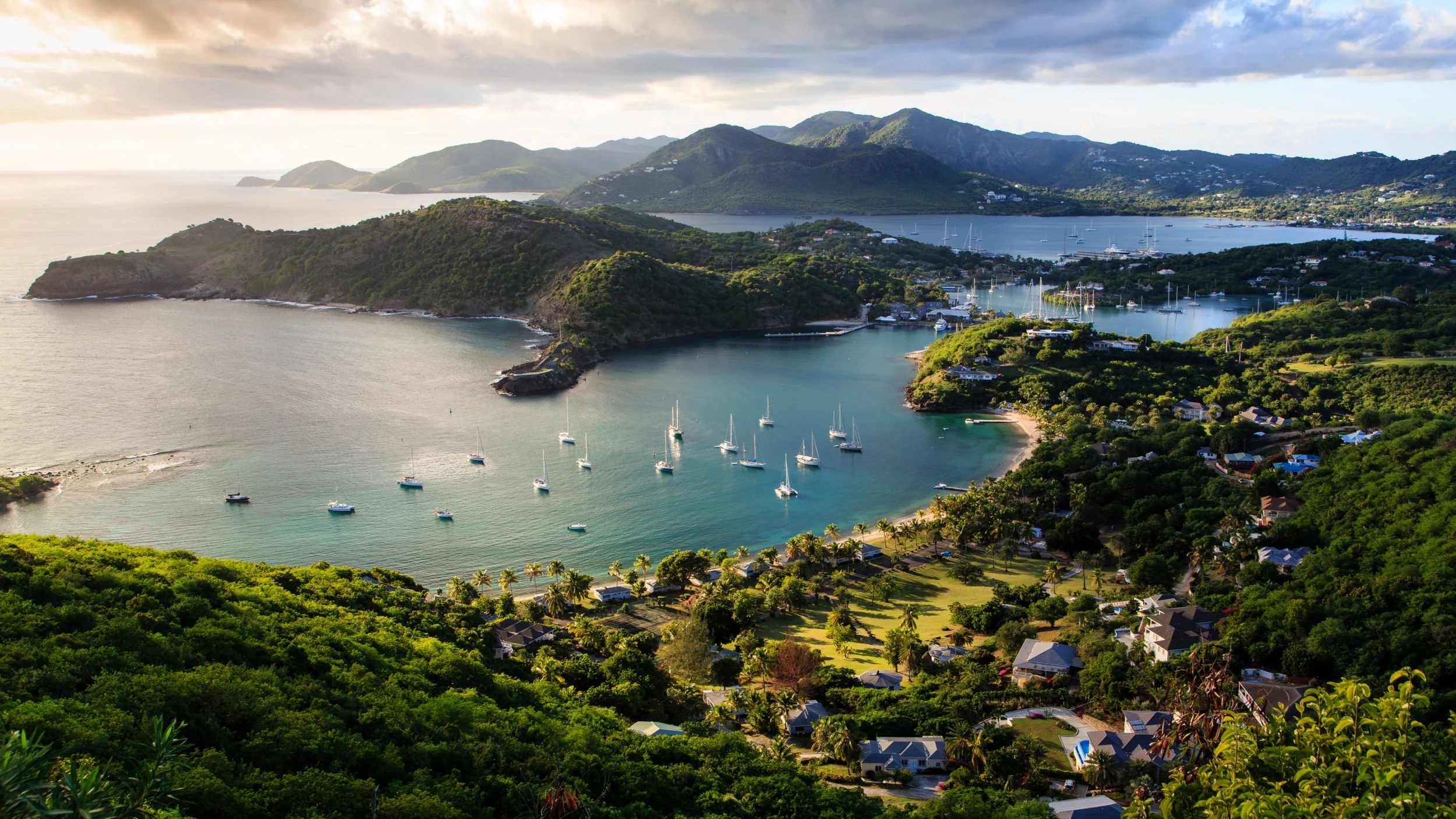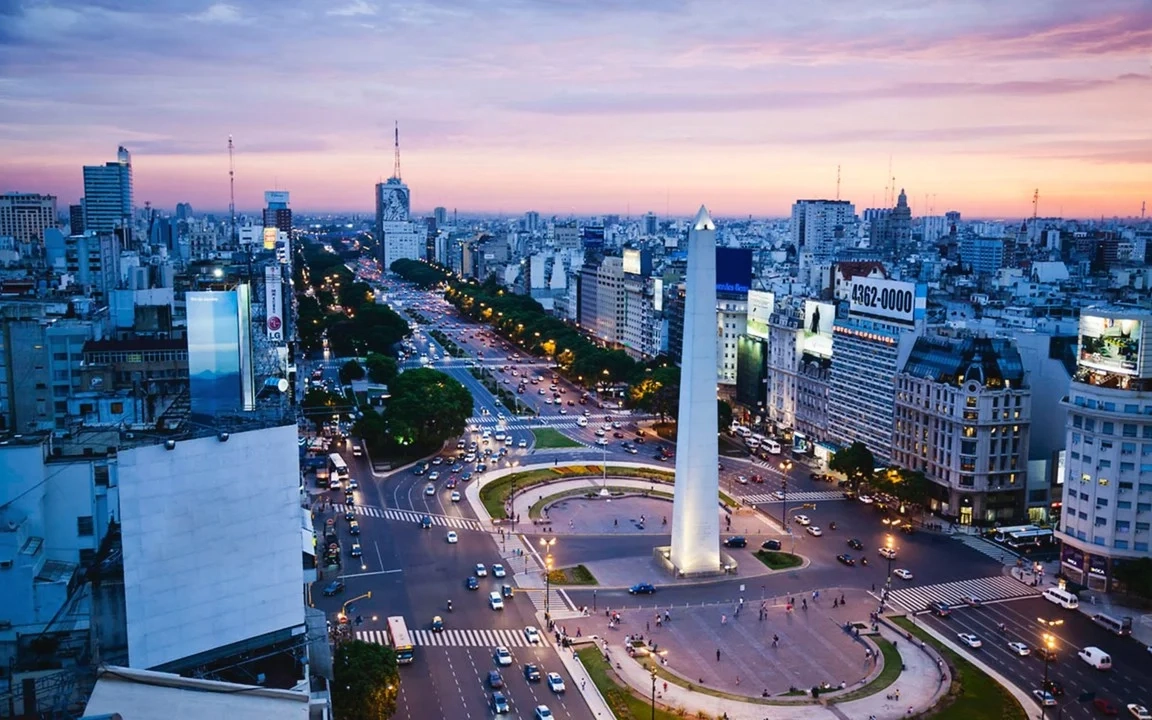1. Cost of Living:
- Rent: The cost of renting accommodation depends on the city and neighborhood. In general, rent is more affordable compared to many Western countries.
- Utilities: Utility costs are usually reasonable.
- Food: Groceries can be affordable, especially if you buy local products at markets. Eating out is also relatively inexpensive.
2. Healthcare:
- Ecuador has a mix of public and private healthcare facilities.
- Public healthcare is available, but the quality may vary. Expats often opt for private health insurance or pay out-of-pocket for private medical services.
3. Transport:
- Public transportation, including buses, is widely available and inexpensive.
- Taxis are common and affordable for shorter distances.
- Owning a car is an option, but traffic conditions and the cost of gasoline should be considered.
The average cost of living in Ecuador can vary depending on factors such as location, lifestyle, and personal spending habits.
Average Cost of Living in Ecuador (Monthly):
• Rent (1-bedroom apartment in city center): $300 - $600
• Utilities (basic): $30 - $50
• Groceries: $150 - $250
• Eating out: $5 - $15 per meal
• Public transportation: $0.25 - $0.50 per ride
• Internet: $20 - $40
• Healthcare insurance: $50 - $100 (varies based on coverage and provider)
Pros:
• Cost of Living: Ecuador is known for its affordable cost of living, making it an attractive destination for expatriates and retirees.
• Diverse Geography: The country boasts diverse landscapes, from the Amazon Rainforest to the Andes Mountains and the Pacific Coast, providing residents with a range of climates and activities.
• Cultural Richness: Ecuador has a rich cultural heritage with a mix of indigenous, Spanish, and Afro-Ecuadorian influences. This is reflected in its art, music, and festivals.
• Friendly Locals: Ecuadorians are generally known for their friendliness and hospitality, making it easier for newcomers to integrate into the local community.
• Retirement Benefits: Ecuador offers a retiree-friendly visa program, attracting retirees with benefits such as discounts on utilities and public transportation.
Cons:
• Bureaucracy: Some expatriates may find dealing with bureaucracy and administrative processes challenging and time-consuming.
• Language Barrier: While many Ecuadorians in urban areas speak Spanish, language barriers may be a challenge for those who do not speak the language fluently, especially in more rural areas.
• Infrastructure Challenges: Infrastructure, especially in more remote areas, may not be as developed as in some other countries, leading to issues with transportation and services.
• Healthcare Quality: While there are good healthcare facilities in urban centers, rural areas may have limited access to quality medical services. Expatriates may need to adjust to differences in healthcare standards.
• Economic Volatility: Ecuador's economy has experienced periods of volatility, and the country has faced economic challenges. This can have implications for job opportunities and financial stability.
1. Quito: Quito, the capital, is known for its rich history, vibrant culture, and beautiful colonial architecture. It has a diverse expatriate community and offers a mix of urban and natural attractions.
2. Cuenca: Cuenca is often considered one of the most livable cities in Ecuador. It has a mild climate, well-preserved colonial architecture, and a relaxed atmosphere.
3. Guayaquil: Guayaquil is Ecuador's largest city and a major port. It has a bustling urban atmosphere, a growing economy, and proximity to beaches.
4. Cotacachi: Cotacachi is a smaller town known for its peaceful environment and the expatriate community. It's located near Otavalo, famous for its indigenous market.
5. Ambato: Ambato is known for its pleasant climate, agricultural surroundings, and festivals. It offers a more relaxed lifestyle while still providing essential amenities.
- Comply with Entry Requirements:
Ensure you have a valid passport with at least six months of validity. Comply with entry requirements and obtain the necessary visas before arrival.
- Visit Before Immigrating:
Visit Ecuador before making a final decision. Explore different cities, experience the lifestyle, and assess whether it aligns with your preferences.
- Learn Basic Spanish:
While some areas may have English speakers, learning basic Spanish will greatly enhance your ability to communicate and integrate into the local community.
- Understand Cost of Living:
Research the cost of living in various cities and regions of Ecuador. This includes housing, healthcare, transportation, and daily expenses.
- Secure Accommodation:
Arrange temporary accommodation before arriving in Ecuador. This will provide a base while you explore neighborhoods and find a more permanent residence.
